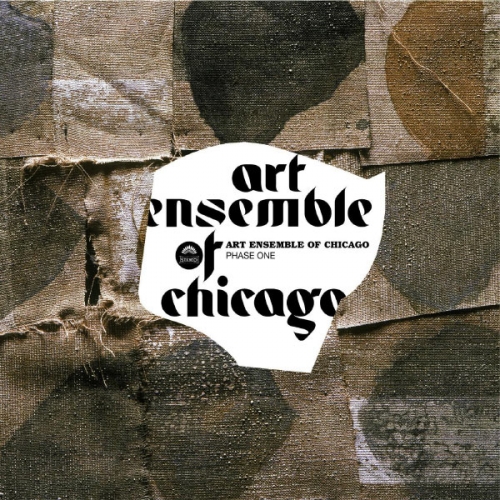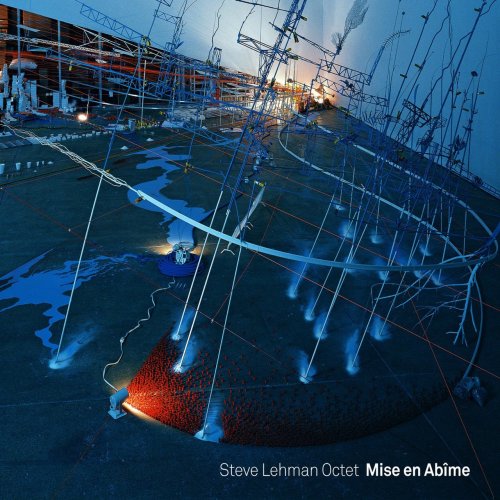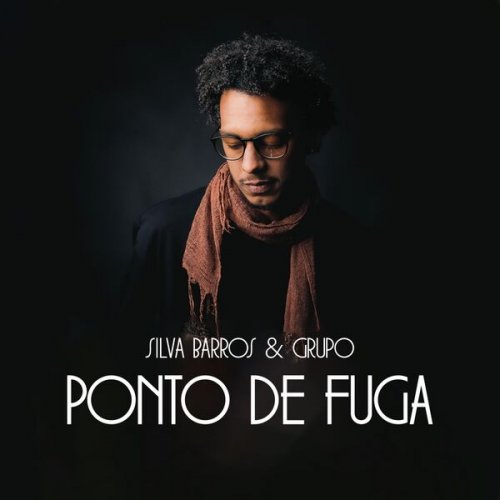Stefan Wesolowski - Rite of the End (2017)
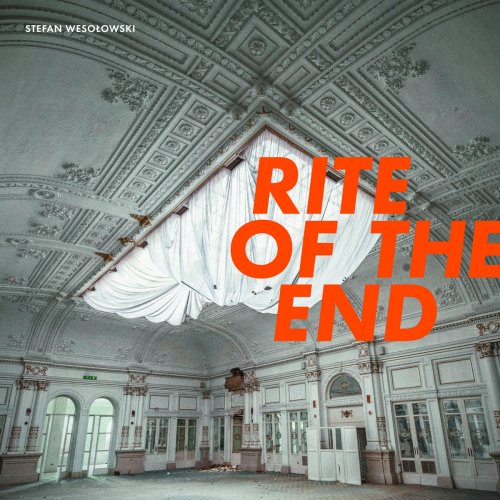
Artist: Stefan Wesolowski
Title: Rite of the End
Year Of Release: 2017
Label: Ici D'Ailleurs
Genre: Contemporary, Modern Classical
Quality: FLAC (tracks+.cue.log)
Total Time: 37:21
Total Size: 197 Mb
WebSite: Album Preview
Tracklist:Title: Rite of the End
Year Of Release: 2017
Label: Ici D'Ailleurs
Genre: Contemporary, Modern Classical
Quality: FLAC (tracks+.cue.log)
Total Time: 37:21
Total Size: 197 Mb
WebSite: Album Preview
1. Prelude (04:01)
2. Frame II (06:13)
3. Rex, Rex! (05:24)
4. Rite Of The End (08:39)
5. Seven Maidens (06:41)
6. Hoarfrost II (06:23)
A panoramic "wide screen" music, as cinema fans might say, and which sounds like the missing link between the grandeur of Richard Warner and the orchestral work of Nick Cave. This is the ambition underlying Rite of the End by the Polish composer Stefan Wesołowski, the second album to be released at Ici d'ailleurs after Kompleta in 2015.
The album derives from an order from Stéphane Grégoire, boss of Ici d'ailleurs, who asked Wesołowski to write the music for a photo exhibition by Francis Meslet. The Rite of the End by the composer's own admission ended up nothing like what had been initially ordered. It is nothing like anything else really because the references of the composer and the Polish violinists shuffle the cards and mix influences such as Prokofiev, Gregorian chants, Steve Reich or even Michael Mann in impression of a gigantic tracking shot which you get when listening to each of the six pieces that make up this heavenly pastoral. Rite of the End is in fact actually quite close to Max Richter's classical surprises, a composer with whom Stefan Wesołowski shares a taste for elevation, and takes its religious source in Stefan Wesołowski's own childhood. He was born in 1985, in Poland, in the late Cold War era and is the son of a "spiritual and uncompromising" man who guided to the path of the beauty of the gesture.
After having followed the same path as his two elder brothers and studied classical music, very early on he had a revelation thanks to a friend who was a Dominican monk. "We were teenagers,"recounts Stefan, "and this friend asked me to write him liturgical songs. That's how it all started." And so the Mass was said. As Wesołowski grew up, he lost his religious faith and transposed it into a growing belief, in to what is called "beautiful music". A music which permits transcendence, contemplation, wonderment, because it is, in itself, the only means for Man to extricate himself from his animal condition. "At the age of seven I wanted to be a priest and study the history of the Saints while other children of my age were still collecting Lion King cards." This memory, thirty years on, suffices to explain the choice of this royal road which is so much steeper and conversely so much more luminous because it elevates people. And then, as a kid, Wesołowski admits to a part of his musical education coming from the Beatles and the Stranglers so we understand that the rituals we are talking about here are those that push us everyday to prostrate ourselves in front of two loud-speakers, regardless of the name of the gods. Bach, Yann Tiersen, Brian Eno, Stravinsky, it's the same combat.
The six slow ceremonies of Rite of the End are attractive through their praise of slowness and appreciation of the Beautiful. This music is certainly classical in its foundations but is not when you listen to it. The Americans would use the word unconventional. A term that fits Wesołowski perfectly as he as punk to the very tip of his violin bow. Bester Langs, senior editor of the magazine Gonzaï.
The album derives from an order from Stéphane Grégoire, boss of Ici d'ailleurs, who asked Wesołowski to write the music for a photo exhibition by Francis Meslet. The Rite of the End by the composer's own admission ended up nothing like what had been initially ordered. It is nothing like anything else really because the references of the composer and the Polish violinists shuffle the cards and mix influences such as Prokofiev, Gregorian chants, Steve Reich or even Michael Mann in impression of a gigantic tracking shot which you get when listening to each of the six pieces that make up this heavenly pastoral. Rite of the End is in fact actually quite close to Max Richter's classical surprises, a composer with whom Stefan Wesołowski shares a taste for elevation, and takes its religious source in Stefan Wesołowski's own childhood. He was born in 1985, in Poland, in the late Cold War era and is the son of a "spiritual and uncompromising" man who guided to the path of the beauty of the gesture.
After having followed the same path as his two elder brothers and studied classical music, very early on he had a revelation thanks to a friend who was a Dominican monk. "We were teenagers,"recounts Stefan, "and this friend asked me to write him liturgical songs. That's how it all started." And so the Mass was said. As Wesołowski grew up, he lost his religious faith and transposed it into a growing belief, in to what is called "beautiful music". A music which permits transcendence, contemplation, wonderment, because it is, in itself, the only means for Man to extricate himself from his animal condition. "At the age of seven I wanted to be a priest and study the history of the Saints while other children of my age were still collecting Lion King cards." This memory, thirty years on, suffices to explain the choice of this royal road which is so much steeper and conversely so much more luminous because it elevates people. And then, as a kid, Wesołowski admits to a part of his musical education coming from the Beatles and the Stranglers so we understand that the rituals we are talking about here are those that push us everyday to prostrate ourselves in front of two loud-speakers, regardless of the name of the gods. Bach, Yann Tiersen, Brian Eno, Stravinsky, it's the same combat.
The six slow ceremonies of Rite of the End are attractive through their praise of slowness and appreciation of the Beautiful. This music is certainly classical in its foundations but is not when you listen to it. The Americans would use the word unconventional. A term that fits Wesołowski perfectly as he as punk to the very tip of his violin bow. Bester Langs, senior editor of the magazine Gonzaï.
download flac
ISRACLOUD
ISRACLOUD

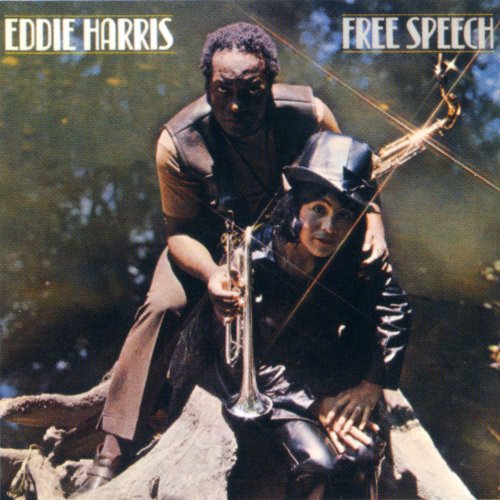

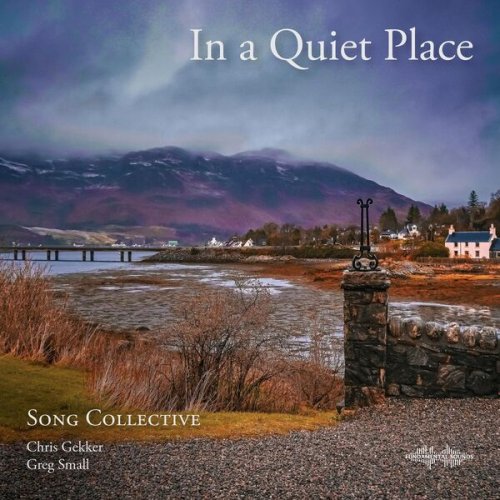
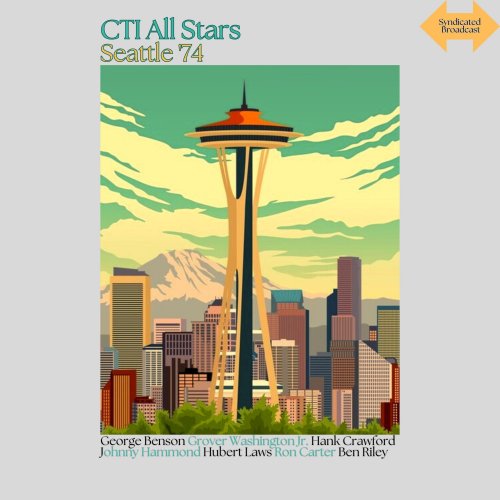
![The Mood Mosaic - Soul Allure (2026) [Hi-Res] The Mood Mosaic - Soul Allure (2026) [Hi-Res]](https://www.dibpic.com/uploads/posts/2026-01/1767930779_j8tt8dryg8d9a_600.jpg)
